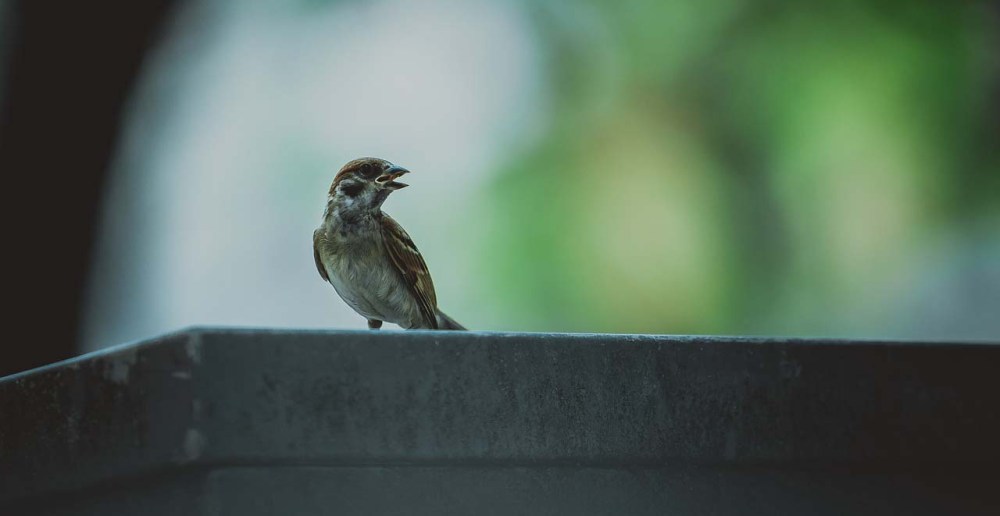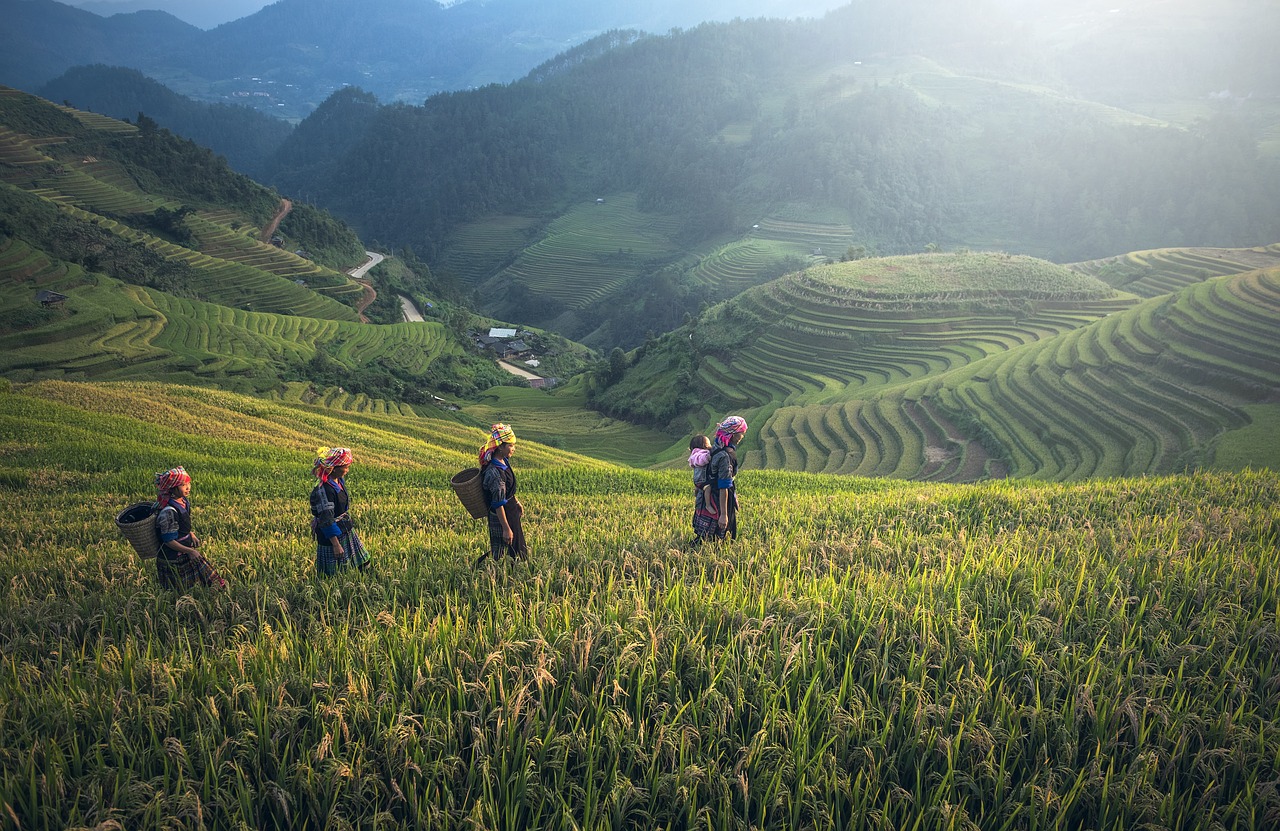Prairie Grass once covered all of the Midwest and the state Kansas where I live. So,it is appropriate that I tackle the Bai Juyi’s Grass (草) .
Grass
From year to year, the withered grass
In all its glory flourishes on the plain
Wildfires burn but do not exhaust as
Spring wind blows and once more it’s greenA distant fragrance travels the ancient road
And like a bright emerald joins the city wall
Dear friend, once again you are gone
And the lush grass is full of farewell
French
Les Herbes
Année après année, l’herbe fanée
Dans toute sa splendeur se reste sur la plaine
Furieux les feux brûlent mais n’épuisent pas
Le vent du printemps souffle et une fois de plus en vertUn parfum lointain parcourt l’ancienne route
Et comme une émeraude brillante rejoint le mur de ville
Cher ami, encore une fois vous êtes parti
Et l’herbe luxuriante est pleine d’adieux
Chinese
草
离离原上草 一岁一枯荣
野火烧不尽 春风吹又生
远芳侵古道 晴翠接荒城
又送王孙去 萋萋满别情
Bai Juyi
Bai Juyi (白 居 易, 772 – 846) described himself as a self made man, one who studied hard to pass the imperial exams, honor his parents, serve the imperial family, and care for his wife and child.
During his long career, he was the governor of three Chinese provinces. His postings included governor of Zhongzhou (818), Hangzhou (822), and, later, Suzhou. In 829 he was appointed mayor of Luoyang, the eastern capital, retiring in 842.
His insightful observations include this one: “If a Fleeting World is but a long, long dream, it matters not whether one is old or young.” At the end of spring.
Notes
I translate wangsun (王孙), the Chinese characters from the last line of the poem as dear friend. Much time could be spent interpreting these characters. They also represent a surname, a plant that tastes somewhat bitter, and literally, sun king, or grandson of the king.













